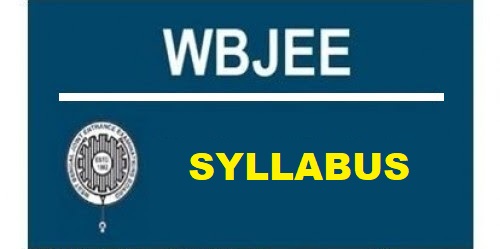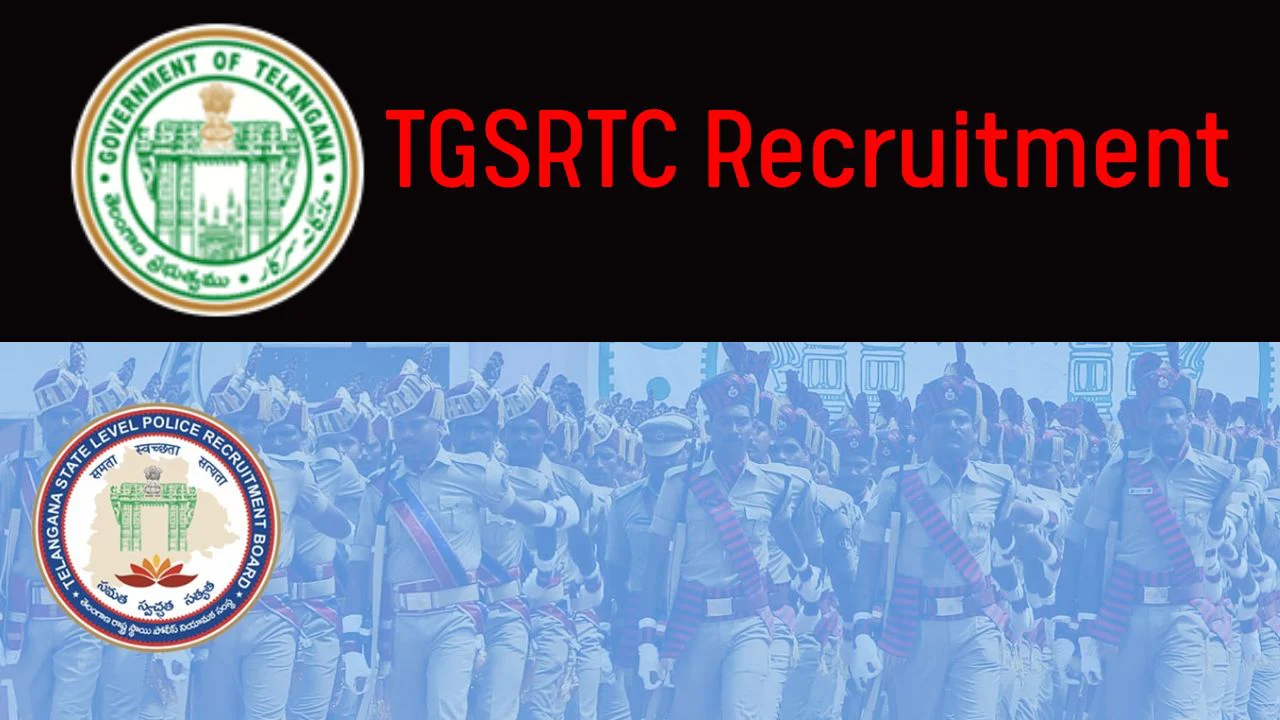WB JECA Syllabus 2024 is available on this page to download for free. WB JEEB announced the Official Notification for the WB JECA 2024. The candidates who have applied for the WB JECA 2024 Admission can download here in online from the official website @ wbjeeb.nic.in. The WBJEEB offers various MCA Courses for institutes across West Bengal.
WB JECA Syllabus 2024
WB JECA Syllabus 2024 |Exam Dates | |
| Board Name | Wes Bengal Joint Entrance Examination Board |
| Short Name | WB JEEB |
| Exam Name | WB JECA |
| Exam Mode | Offline |
| Course offered | Various MCA Courses |
| WB JECA Exam Date | 14th July 2024 |
| Official website | wbjeeb.nic.in |
*You Can Also Check*
Check WB JECA Admission 2024
WB JECA Exam Pattern 2024
In this paragraph, we mentioned the WB JECA Exam Pattern for you to get good marks. All the aspirants who have filled the WB JECA Application Form are able to check out from here. The Exam Pattern we mentioned in the below article.
Pattern of Question Papers: The Common Entrance Test will be on one paper only with following structure.
All questions will be of Multiple- Choice Question (MCQ) type, with four answer options. Time for the paper is 2 hours. The questions will be in English language only.
| Category-I Each Q carries 1 mark (-ve marks = -1/4) | Category-II Each Q carries 2 marks (No -ve marks) | Total Number of Questions | Total Marks |
| No. of Q | No. of Q | ||
| 80 | 20 | 100 | 120 |
Download WB JECA Syllabus
WBJEEB announced the WB JECA Syllabus in online from the official website. Candidates download the WB JECA Syllabus to get good marks. Also we provided here the WB JECA Previous Papers from the direct link below. Let see the links provided below so that you can understand very easy.
The papers will be based on Undergraduate Computer Applications and equivalent courses followed in various Universities in India and on the following topics.
C Programming: Variables and Data types, IO Operations, Operators and Expressions, Control Flow statements, Functions, Array, Pointers, String Handling, Structures and Unions, Files Handling, Pre-Processor Directives, Command Line Arguments.
Object Oriented Programming: Data Types, If / Else If / Else, Loops, Function, Switch case, Pointer, Structure, Array, String, Function Overloading, Function templates, SCOPE of variable, Type aliases (typedef / using), Unions, Enumerated types (enum), Class, Constructors, Overloading Constructors, Member initialization in constructors, Pointers to classes, Overloading Operators, Keyword ‘this’, Static Members, Const Member Functions, Class Templates, Template Specialization, Namespace, Friendship (Friend Functions & Friend Classes), Inheritance, Polymorphism, Virtual Members, Abstract base class.
Unix: Following commands and its different options: Is, ps, pwd, mv, cp, touch, cat, time, cal, bc, sort, diff, wc, comm, In, du, kill, sleep, chmod, chown, chgrp, top, nice, renice, cut, paste, grep, file, whereis, which, echo, env, PATH, CLASSPATH, find. vi editor, shell, wildcard, shell script.
Data Structure: Searching, Sorting, Stack, Queue, Linked List, Tree, Graph.
Introduction of Computers: Bus structure, Basic I/O, Subroutines, Interrupt, DMA, RAM, ROM, pipeline, system calls.
Operating System: Process, Thread, CPU Scheduling, Deadlock, Synchronization, Memory Management, Disk Management, File Management.
Computer Network: Concepts of networking, Application areas, Classification, Reference models, Transmission environment & technologies, Routing algorithms, IP, UDP & TCP protocols, IPv4 and IPv6, Reliable data transferring methods, Application protocols, Network Security, Management systems, Perspectives of communication networks.
Database Management System: Introductions to Databases, ER diagram, Relational Algebra, Relational Calculus, SQL, Normalization, Transactions, Indexing, Query optimization.
Software Engineering: Introduction to Software Engineering, A Generic view of process, Process models, Software Requirements, Requirements engineering process, System models, Design Engineering, Testing Strategies, Product metrices, Metrices for Process & Products, Risk management, Quality Management.
Machine Learning: Classification, Decision Tree Learning, Artificial Neural Networks, Support Vector Machines, Bayesian Learning, Clustering, Hidden Markov Models.










